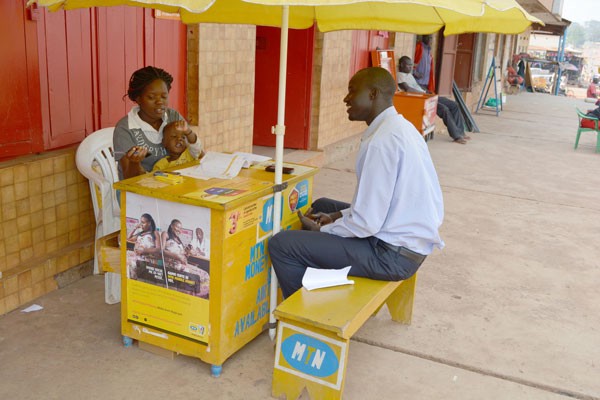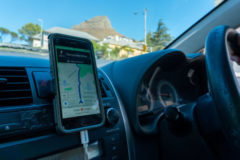The death of Mobile Money in Uganda is imminent if the government’s proposal to tax transactions is approved in the 2018/19 budget. In an inexplicable move, the Excise Duty (Amendment) Act 2018, proposes to tax mobile money transactions; “on receiving, payments and withdraws” — 1% of the value of transactions.
It’s easy to think this is 1% of your money which is terribly high, but it goes further than that; you get charged 1% to receive and 1% to withdraw. Mobile money is already taxed through a 10% charge on the fees charged by Mobile Network Operators. This tax is also proposed to increase to 15% in the same bill.
To put this in perspective, if you need to send someone UGX600,000, you will be charged 2,000 by the Mobile Network Operator to send. The recipient will receive UGX600,000 less UGX6,000 government tax. She will then be charged UGX12,500 by the MNO and UGX5,940 tax to withdraw the money. The cold hard cash in hand will be 575,560. The total cost for moving 600,000 within the borders will be 4.41% with UGX12,325 going to the Mobile Network Operator and UGX14,115 going to the taxman. If you’re sending UGX7,000,000 the government will take UGX146,950 as a tax for using mobile money.
This tax, which is not applied to transactions initiated by banks clearly discriminates against the poor and in the simplest terms will be a huge blow for the financial technology industry.
Mobile money has been instrumental in improving financial inclusion. People like smallholder farmers, refugees and most low income earners who would otherwise be unserved by banks and other financial institutions were pulled into the financial services sector by Mobile Money services. All the successes and gains made will be undone by this piece of legislation as people resort to cash transactions. And the poor will be left out of the financial services loop again.
Financial inclusion plays a vital role in the reduction of poverty, inequality and (inclusive) economic development. It is especially critical in the stimulation of job creation. The presence of a highly developed and available financial infrastructure especially mobile technology offers exciting opportunities for expanding financial inclusion.
Economies around the world are hoping to find new ways to provide financial services to all their citizens. In Europe, where financial services are available to almost everyone, the European Commission has realized that banks and traditional financial institutions are too rigid to provide seamless services and has passed new regulation, the Payment Services Directive 2 (EU) 2015/2366 that removes banks’ monopoly on their customer’s account information and payment services. The purpose is to increase pan-European competition and participation in the payments industry also from non-banks, and to provide for a level playing field by harmonizing consumer protection and the rights and obligations for payment providers and users. The new EU directive mandates banks to open up their APIs (Application Programing Interfaces) to other financial technology companies to provide better services.
This attitude and regulation from European governments has led to new financial institutions like the digital only banking services N26, Monzo, Monese and Tandem among others. We are working on a similar project called eversend.co for the African market which will provide superior services and easy access to financial services.
All the organizations that have been working towards the goal of financial inclusion should work hand in hand to make sure this legislation is not passed. But even more critical is for Ugandans to unite and oppose this proposed extortion. Contact your Member of Parliament and get your voice heard.
Editor’s Note: This article was originally published by Stone Atwine, a Ugandan fintech enthusiast and Founder of Eversend, on his Medium page.





















